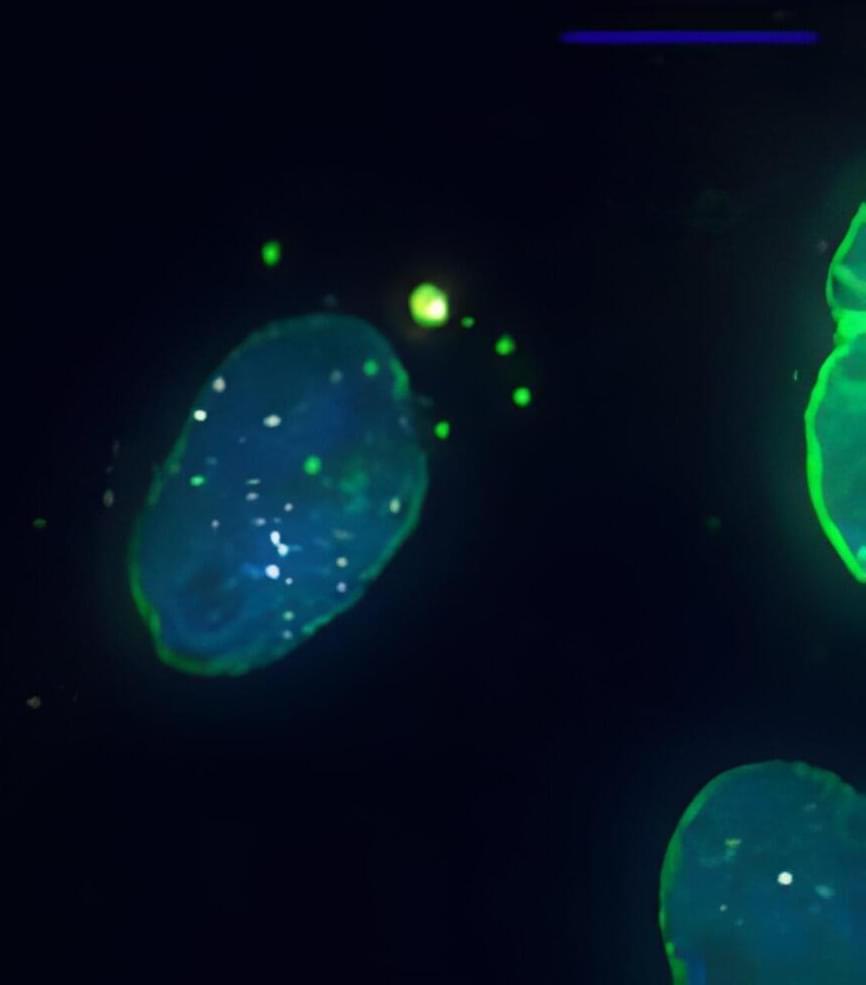Oct 7, 2023
Pig plasma to live longer?
Posted by Montie Adkins in categories: biotech/medical, education, life extension, nanotechnology
A quickie about E5.
Hello, i am back! Blood, sweat and tears have been shed these past months of absence. But enough sweating was done during the summer, tears have already been shed, so that just leaves me with blood. And whether taking a part of blood (plasma) and injecting it into old animals is enough for rejuvenation. That’s right, many of you may remember, earlier this year i made a video on the oldest living rat.- and now we have some updates: in particular, (i) what actually were the rats given, and (ii) what changes were seen, showing both some DNAm and glycan age data.
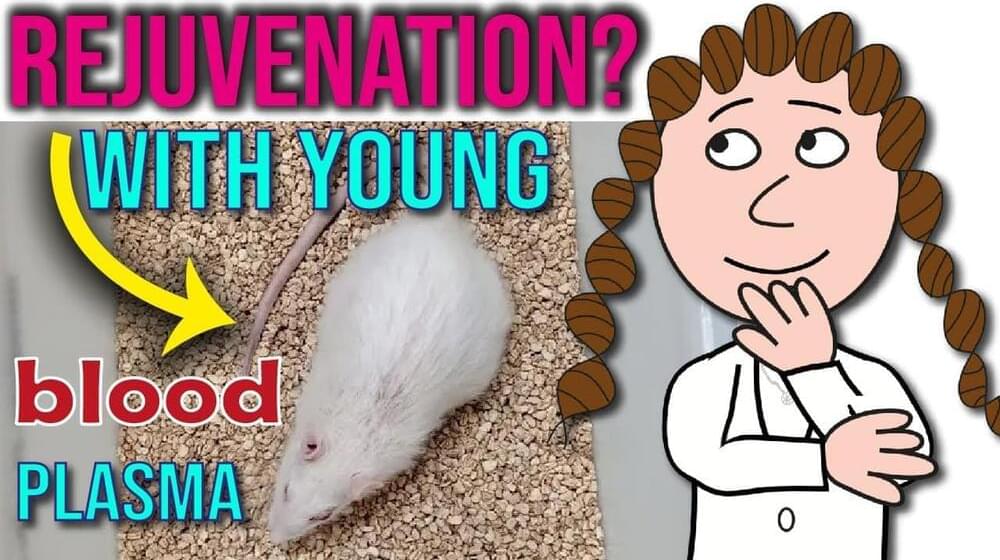
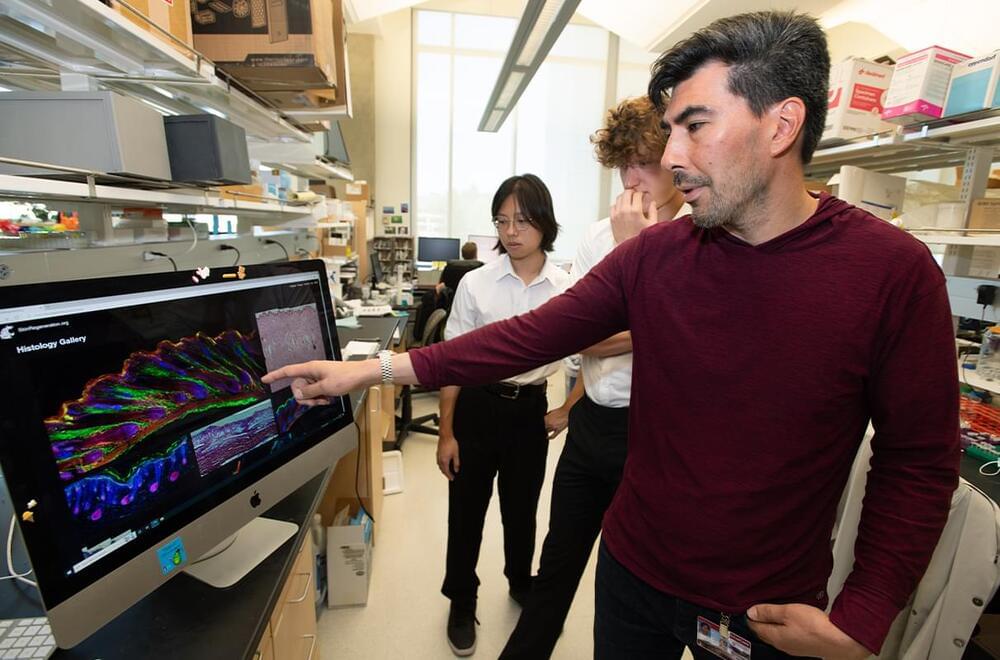

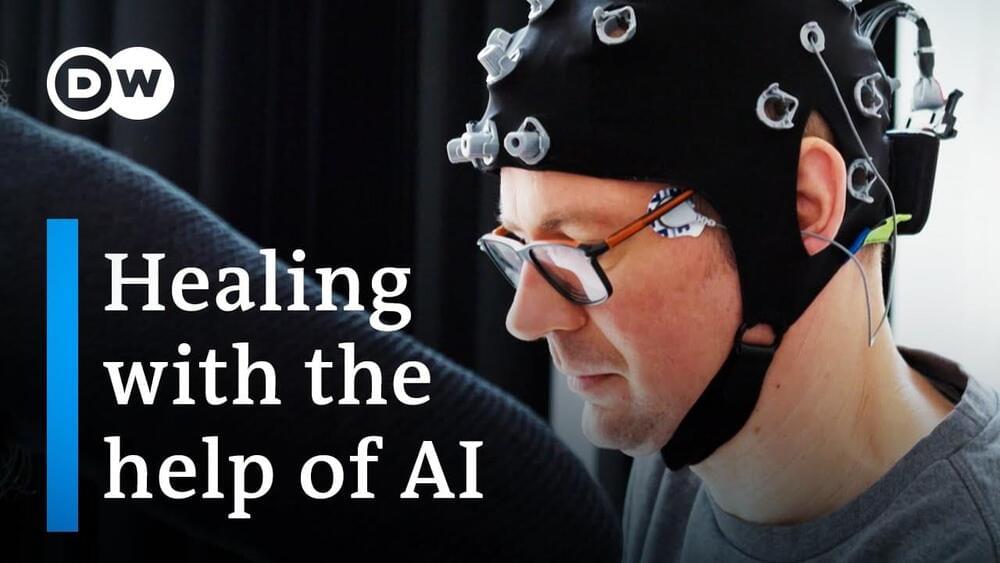



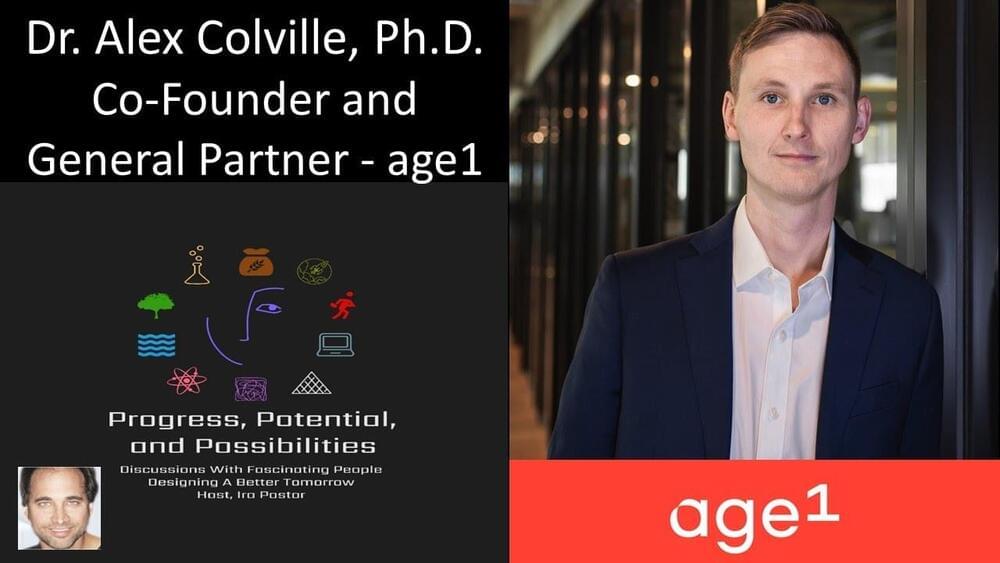
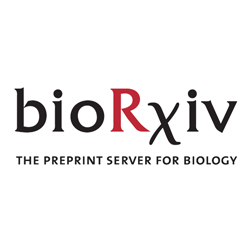 150 YEARS MAXIMUM BIOLOGICAL AGE — “We observed, that the age-dependent population DOSI distribution broadening could be explained by a progressive loss of physiological resilience measured by the DOSI auto-correlation time. Extrapolation of this trend suggested that DOSI recovery time and variance would simultaneously diverge at a critical point of 120 − 150 years of age corresponding to a complete loss of resilience. The observation was immediately confirmed by the independent analysis of correlation properties of intraday physical activity levels fluctuations collected by wearable devices. We conclude that the criticality resulting in the end of life is an intrinsic biological property of an organism that is independent of stress factors and signifies a fundamental or absolute limit of human lifespan.”
150 YEARS MAXIMUM BIOLOGICAL AGE — “We observed, that the age-dependent population DOSI distribution broadening could be explained by a progressive loss of physiological resilience measured by the DOSI auto-correlation time. Extrapolation of this trend suggested that DOSI recovery time and variance would simultaneously diverge at a critical point of 120 − 150 years of age corresponding to a complete loss of resilience. The observation was immediately confirmed by the independent analysis of correlation properties of intraday physical activity levels fluctuations collected by wearable devices. We conclude that the criticality resulting in the end of life is an intrinsic biological property of an organism that is independent of stress factors and signifies a fundamental or absolute limit of human lifespan.”